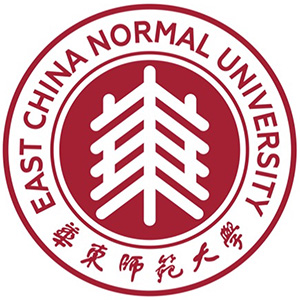報告人簡介
劉沖,北京大學博雅青年學者,長聘副教授,財政學系主任,國家級青年人才,世界銀行研究顧問。研究領域為公共經濟學、發(fā)展經濟學和大數據應用。近年來在Economic Journal、Journal of Development Economics\《經濟研究》《管理世界》《中國工業(yè)經濟》《世界經濟》《金融研究》等國內外權威期刊發(fā)表論文五十余篇。榮獲霍英東高等院校青年教師獎、洪銀興經濟學獎(青年)、全國優(yōu)秀財政理論研究成果獎等榮譽。
內容簡介
This study investigates the far-reaching effects of liquidity regulation policies on the banking sector in China. Banks subject to liquidity coverage ratio (LCR) regulation since 2014 are found to have significantly decreased their short-term wholesale funding via interbank liabilities while increasing other short-term funding via bonds to pay (primarily interbank negotiable certificates of deposits) on the liability side. The finding of this research that is the most different from other studies is that regulated banks in China neither significantly increased their holdings of qualified high-quality liquid assets, nor significantly reduced their proportion of risky assets, after the implementation of LCR regulation. Under the pressure of deposit price control and a competitive deposit environment, banks with greater market power have attracted more traditional deposits than banks with lower market power, and banks with fewer local market shares have shifted to increase their proportions of other liabilities to satisfy the liquidity requirements. This has ultimately led to unexpected consequences in China’s banking industry.
